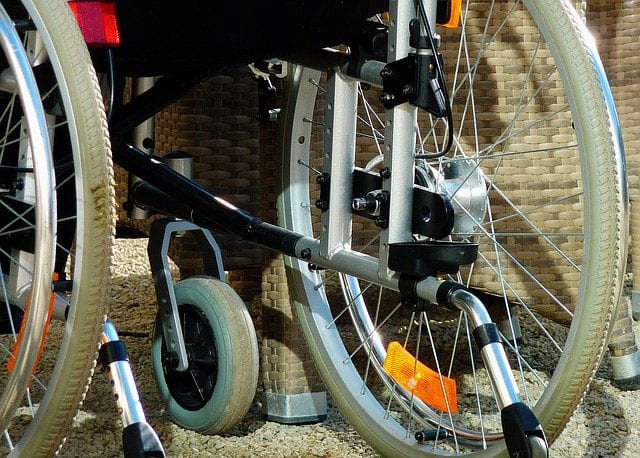If you are unable to work because of a medical condition, you may qualify for disability benefits from the Social Security Administration (SSA). The SSA oversees two different disability programs, Social Security Disability Insurance (SSDI) and Supplemental Security Income (SSI). You must meet specific requirements under law to be approved for disability benefits. You aren’t automatically approved just because your physician labels you as disabled, you must provide hard medical evidence that shows you are unable to work.
You must be fully disabled, and your condition must be expected to last at least a year or end in your death. You will need to provide hard medical evidence to support your claim and to confirm your diagnosis, the severity of your conditions, and the symptoms that you suffer. These records must clearly indicate the restrictions and limitations that you have because of the condition and show that you are disabled per the SSA guidelines.
If you are working and you can support yourself, you will not qualify for disability benefits. As of 2019, the Substantial Gainful Activity (SGA) level is $1,220 month. Even if you work part-time, if your limit exceeds that amount you will not have your claim approved. You must be able to show that your condition is severe enough that you are restricted from working and that it “interferes with basic work-related activities” per the guidelines.
The Blue Book
The SSA has a medical guide, which is called the Blue Book, that is used to determine if an individual is disabled. The Blue Book has sections for different body systems, and each of those sections has listings for the different disabling conditions that one may experience. To be medically approved, your condition must meet the criteria of a listing. You may not have a specific condition, but your symptoms mimic those of a listing and you may be able to qualify using those details.
If you don’t meet the criteria of a Blue Book listing, you may still be approved for disability benefits. You can use a medical-vocational allowance. Using this approach, your condition is considered with any other medical problems that you may have. Your age, work history, educational background, and skills will also come into play. After reviewing all those things, a vocational expert will determine what kind of work – or if there is any kind of work – that you would be able to do.
Having your treating physician complete a residual functional capacity (RFC) form can also help your claim. It can show Disability Determination Services your restrictions and limitations. It will indicate if you cannot lift more than 5 pounds or if you are unable to reach above your head. It will also make note of the inability to stand more than 30 minutes, or that you cannot walk more than 1,000 feet. All those considerations will pain a clear picture of your situation.
Consult with A Disability Lawyer
If you are unable to work and earn a living because of a medical issue, you should consult with a disability attorney. You are much more likely to have a successful claim if a lawyer represents you. Schedule your free case review today!
Resources:
Patient Worthy: https://patientworthy.com/
SSA’s Website: https://www.ssa.gov
SSA’s Blue Book: https://www.ssa.gov/disability/professionals/bluebook/AdultListings.htm
Medical Vocational Allowance: https://www.disability-benefits-help.org/glossary/medical-vocational-allowance
Residual Functional Capacity: https://www.disability-benefits-help.org/faq/residual-functional-capacity
Share your stories, thoughts, and hopes with the Patient Worthy community!






